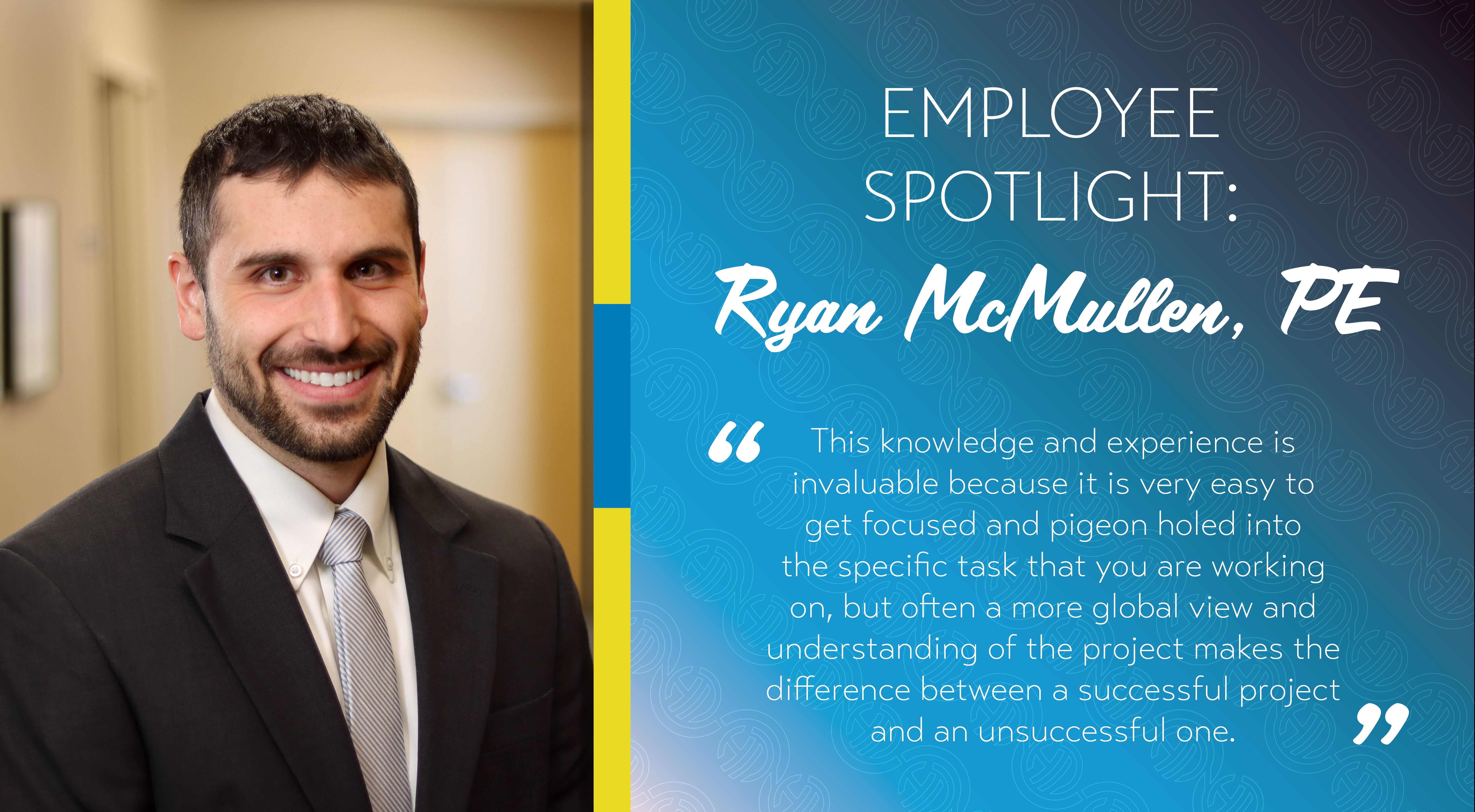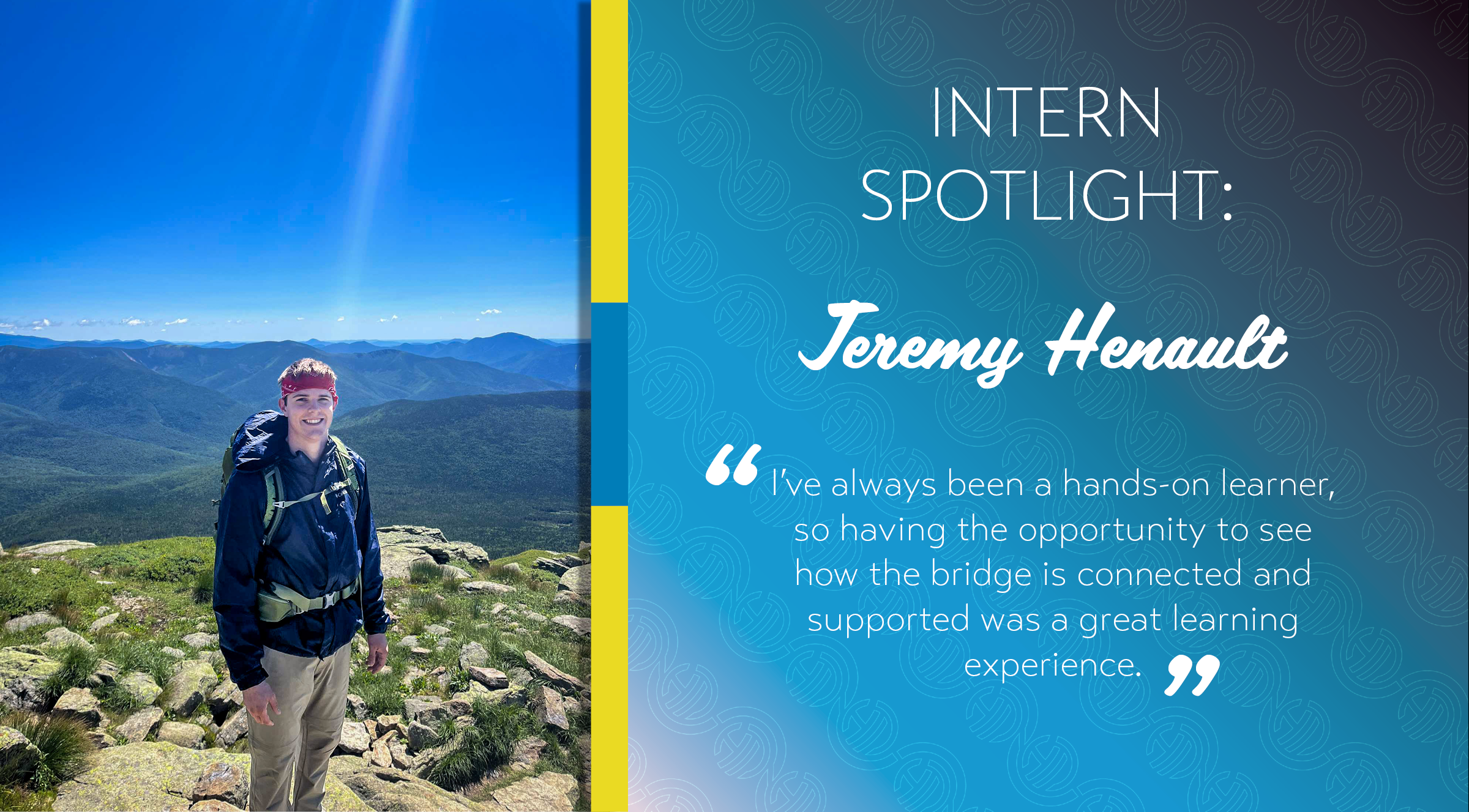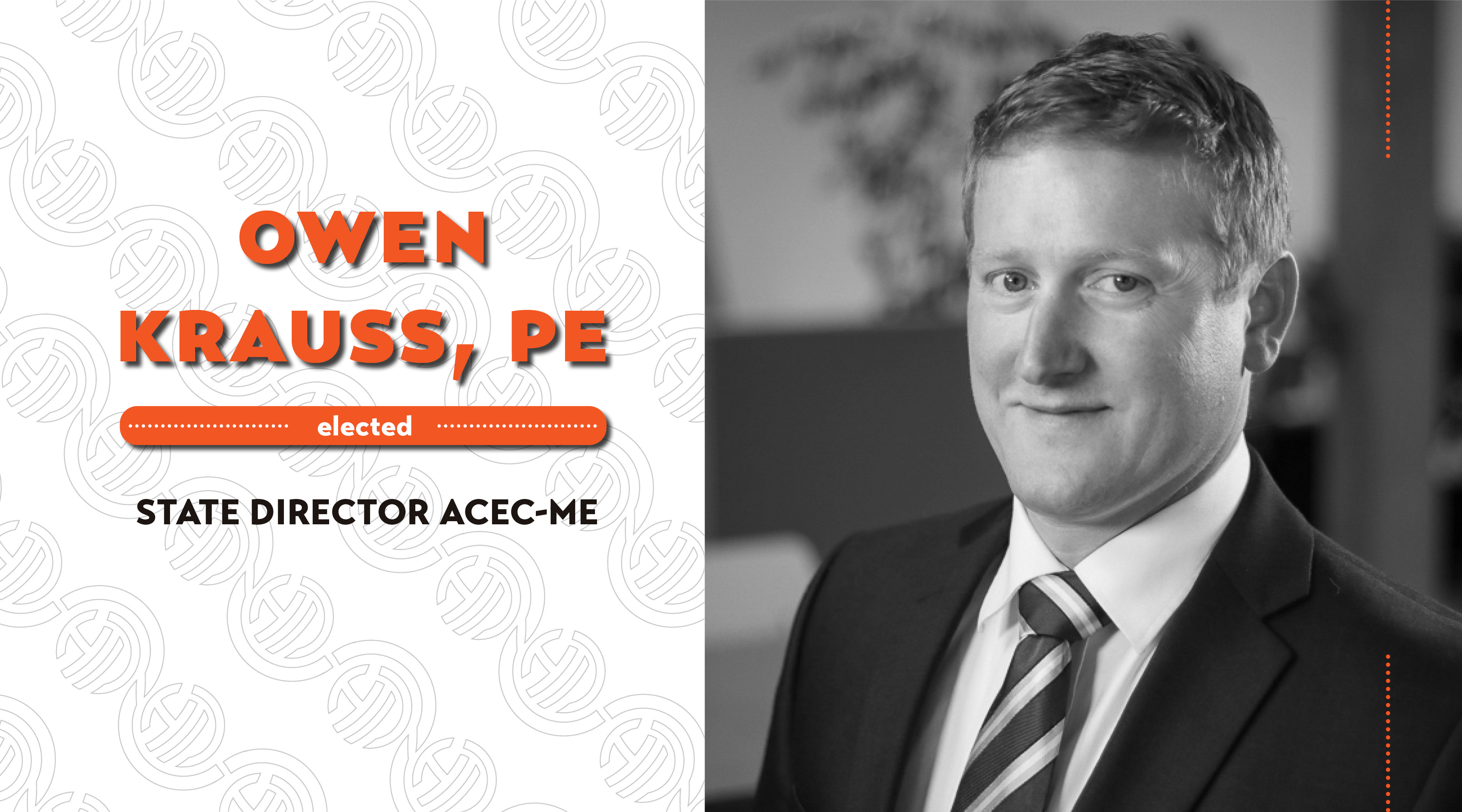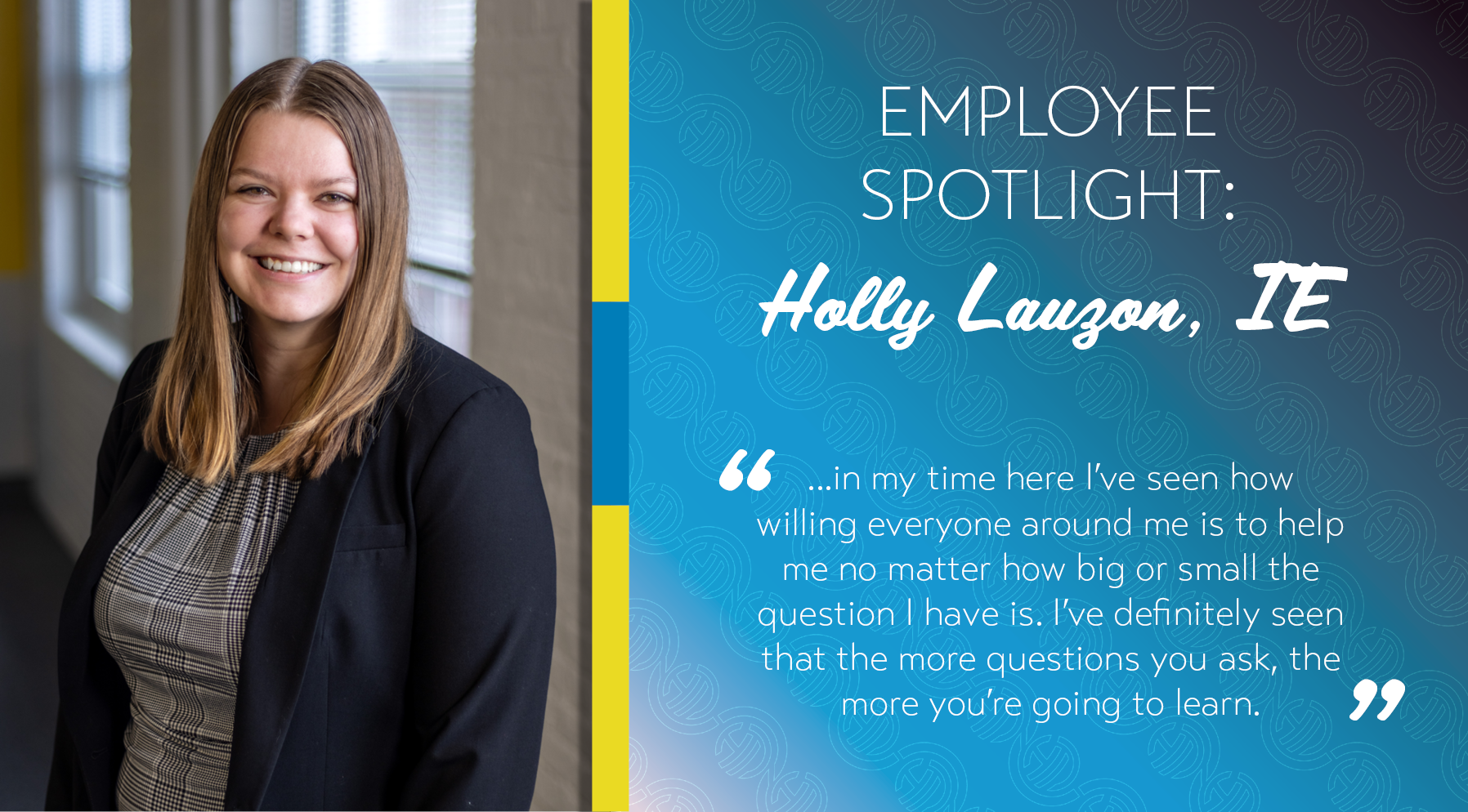You’ve read every article there is to read about finding and successfully landing a job after graduation and followed all of the guidelines to a T. You’ve spent countless hours on Glassdoor, Indeed, and CareerBuilder browsing for any and all potential job openings. You’ve produced draft after draft of your resume in the hopes of grabbing the attention of your potential employers. On top of that, you’ve networked, attended career fairs and customized your cover letter for each specific job you’ve applied for. Graduation day is just around the corner and just when you are starting to warm up to the idea of living in your parent’s basement, you get the phone call you’ve been waiting for.
All of your work has finally paid off; you’ve been invited to interview! Unfortunately, your few brief moments of relief are quickly overshadowed by an entirely new wave of nerves. No matter how old you are, how many jobs you’ve had, or how qualified you might be, interviews are scary. That’s why we have a few tips that we hope will inspire you to be more confident, prepared and ultimately more successful when sitting down for the first time with your potential future employer.
- Analyze the Job: It’s no secret that there is strength in numbers. Like most other college graduates, you have probably applied to any and every job you thought you were even semi-qualified for. That’s what makes this first step so important. Take the time to go back and find the initial job posting that you applied for. Make sure you take note of the title of the position you will be interviewing for, as well as the responsibilities and job duties that will be expected of you. Make a list of any descriptive language that tells you what the employer is looking for in a candidate. Then make a corresponding list of qualities you have comparable to that list. By having a solid understanding of what your potential employer wants as well as what you, as a potential employee, can bring to the table, you will have a better understanding of how to present yourself as a promising professional during the interview.
- Do your Research: In many areas of the professional world, research is a fundamental key to success. If you learn this lesson early, it will carry you throughout your career, make your life easier, and prevent big mistakes before they occur. When it comes to job interviews, doing proper and thorough research about the company will set you apart from other candidates and show your employer that you are taking the hiring process seriously; you demonstrate that you are invested and interested in becoming a part of their company. In order to maximize preparedness, you should make sure you do the following:
- Review the Company’s Online Presence: Take the time to familiarize yourself with the company website. Pay attention to the “About Us” section in particular. Before the interview you should have a firm grasp of the company’s mission, vision and values, as well as the list of products/services that they provide. In addition, get up-to-date on the company’s current events by browsing its social media platforms.
- Look at the News: Before sitting down for your interview, you should be well aware of anything new and exciting going on within the company, as well as any crises they are currently facing. Take the time to review recent press releases issued by the company, as well as any recent news coverage. Google Alerts are an easy way to stay up-to-date in the days leading up to your interview. Create them for the company, the industry and any other relevant information you may want to know.
- Stalk your Interviewer: Ok, no, you’re not really stalking. But it is highly recommended that before you meet your interviewer, you try to learn something about them. If you have their name, look them up on LinkedIn or Facebook. Find their name and picture on the company website. Hopefully you will be able to get a feel for the type of personality this person has. Do they seem more fun and casual, or lean more towards the sincere and serious side? The more you know about your interviewer, the more prepared you will be to communicate with them.
- The Industry: Before going into your job interview, you should do some research regarding the trends of the industry and establish an idea of the type of environment your company is currently working under. Take note of some of the company’s top competitors and make a list of things that differentiate the company from the competition.
- Practice, Practice, Practice: Practice makes perfect. That same rule of thumb applies to you before your interview. Print out a list of popular interview questions and visualize yourself answering them. Take the time to sit down with a friend or family member and conduct a mock interview. You may feel silly, but you’ll thank yourself later. Practicing will help to calm your nerves and inspire confidence in your answers on interview day.
- Do the Little Things Ahead of Time: On the day of your interview, you will have plenty to worry about. Make your life easier by preparing the small stuff beforehand.
- Pick out your outfit: I think we all can admit to scrambling around the house last minute in search of our favorite tie or pair of shoes at one time or another. Unfortunately, these things happen, so it is better to prepare ahead of time. Plan and lay out what you are going to wear the night before your interview. By doing this you will make more time for yourself in the morning and eliminate unnecessary stress. Trust us, you will be thankful you did.
- Plan Travel Time: Always make sure you map out the time it will take to get from your house to your destination before the day of your interview. If you will be traveling in the morning, make sure you research your journey during the morning before your interview. Sometimes people forget that even though at 3:00 pm it estimates a 20-minute ride, that same 20-minute ride could very well become 40 minutes during rush hour traffic.
- Bring the Right Materials: You don’t ever want to meet your potential employer empty handed. Here is a list of things you will definitely want to have with you on interview day:
- Resume: Although you have already submitted your resume with your application, it is always a good idea to bring two clean copies of it with you to your interview.
- References: It is a good idea to have at least two references. This list should be printed and include the name, title, company, and contact information of the individuals.
- Work Samples: Showcase yourself by bringing work that you are particularly proud of to leave behind with your potential employer. This could include writing samples, design layouts, or maybe even a particularly challenging and detailed school project that you are proud of. There is no limit to what you could bring. Just make sure what you do choose is relevant, memorable and sets you apart from your peers.
- Questions: Make sure you have a list of questions ready to ask your interviewer. You don’t need to have these physically printed out on paper but definitely think of a few and have them at the top of your mind. Asking thoughtful questions shows you are interested and care about both the future of the company and yourself as a potential employee.
- Have Confident Body Language: Nailing your answers to the interview questions and having a killer resume aren’t always enough. To communicate yourself as both a capable and confident candidate for the job make sure you:
- Have a firm handshake
- Make eye contact
- Speak slowly and clearly
- Sit up straight
- Smile
- Say Thank You: Make sure you take the time to write a Thank You note to your interviewer following your interview. An email will suffice, but if you want to go above and beyond, take the time to write a handwritten note. This shows the employer that you are well aware of how valuable their time is and that you are grateful that they took the time to get to know you. This is a courteous gesture that will set you apart from other candidates. If for whatever reason you don’t get the job this time, they might be more likely to consider you the next time there is an opening.
- Breathe: Last but not least, don’t forget to breathe. Remember you are intelligent and qualified, and any employer would be lucky to have you. You can’t win them all, and sometimes no matter how prepared you are, another candidate will get the job. Don’t get discouraged; you will have many more interviews and many more job offers throughout your career. Be confident, be knowledgeable and be prepared and remember at the end of the day you will find a job and things will be okay.









